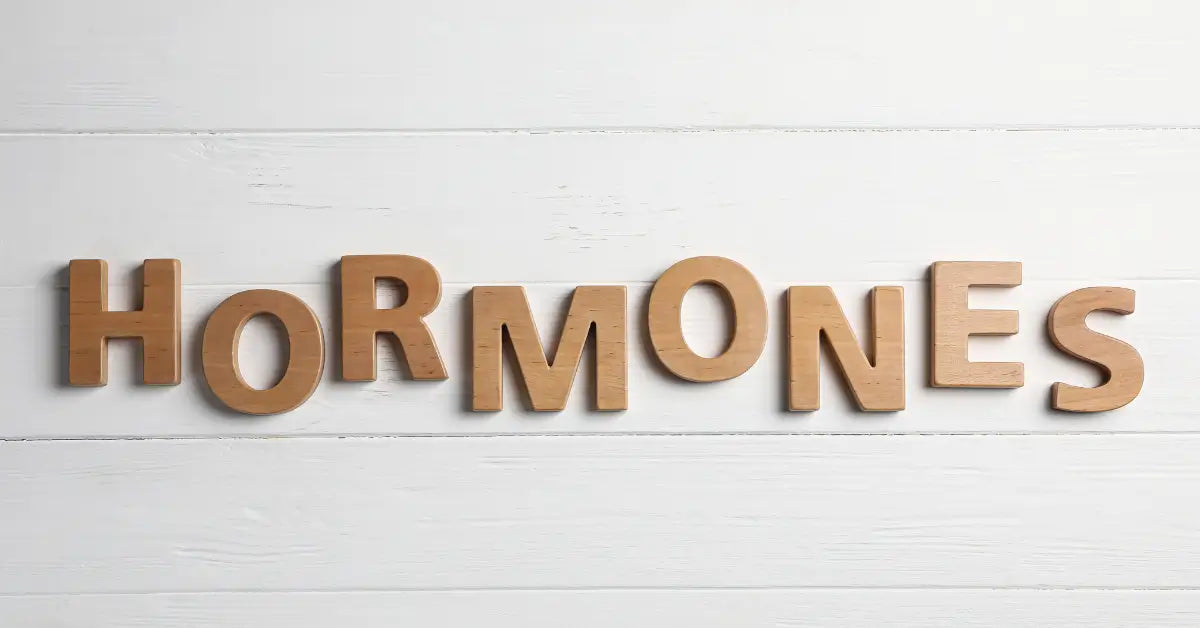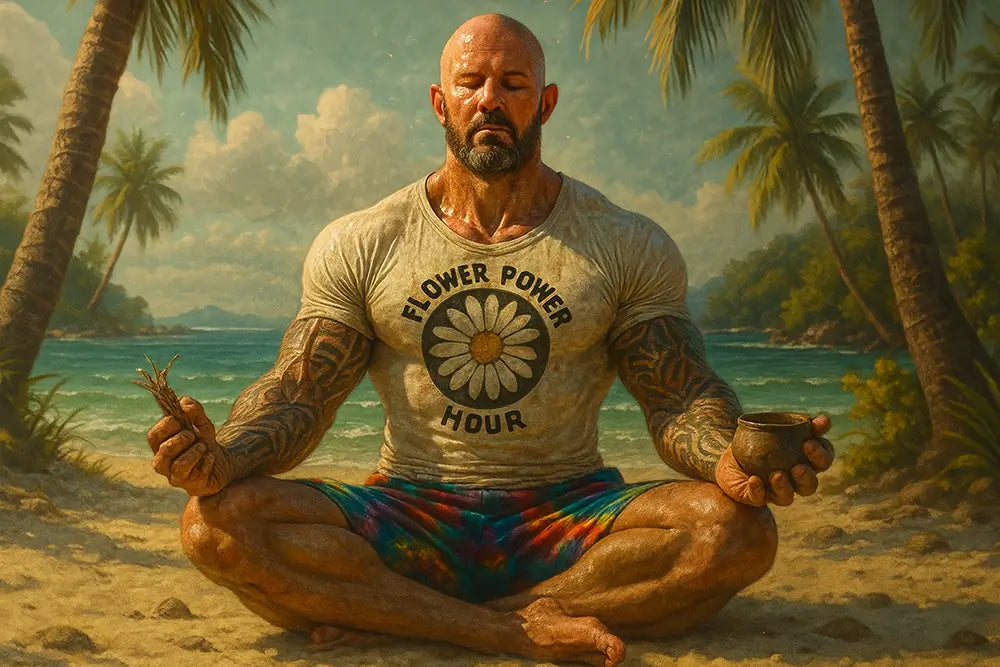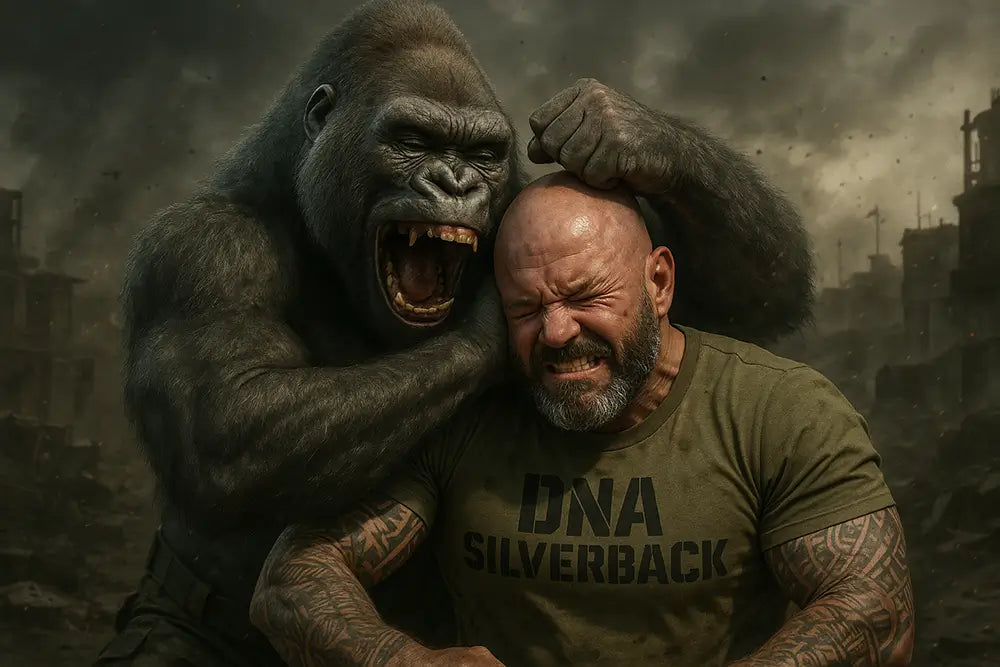Joining the dots to recognise symptoms of low testosterone.
Hopefully you have seen from Part 1, how complex the Endocrine System (your master hormone controller) is and you can see how all hormones impact each other. Thus, it highlights why you shouldn’t look at your low Testosterone or deficiency in isolation.
Your lifestyle, diet, sleep, stress levels, toxin load and nutrient status all play key roles in determining how effective your body is at managing your daily hormone production.
Remember that testosterone (alongside Cortisol) is replenished overnight – in line with the circadian rhythm. Prioritising sleep between 10pm and 6am is key for testosterone and hormone health – impacting your mood, energy, and emotions daily.
It’s no surprise that the lack of morning erections is a key indicator of low-T as first thing in the morning your body should have a full tank of testosterone. Firm, daily erections are a sign that your levels are healthy, and you are optimising your own natural production.
If your morning wood isn’t there anymore due to low testosterone, consider looking at our range of testosterone booster supplements to help you rebuild your T health.
Hormones L - Z
LIBIDO a.k.a SEX DRIVE
Libido is the desire to engage in sexual activity. Decreased libido has many causes. While these changes can have a wide variety of causes, hormonal imbalances often lie at the root of low libido.
Low testosterone is the most common type of imbalance affecting sex drive and erectile dysfunction are sexual problems that can result from low testosterone. High oestrogen levels may also interfere with sexual desire and performance.
OESTROGEN (Need To Balance In Case of Low Testosterone)
Most people think of oestrogen as a “female hormone,” but male and females produce it (women also produce testosterone). Whilst testosterone is the most significant hormone to male sexual development and function oestrogen needs to stay in balance with testosterone to help control sex drive, the ability to have an erection, and the production of sperm. Low testosterone levels naturally occurs as men age, while oestrogen increases.
Too much oestrogen in males may cause problems and hormonal imbalance and this is now a significant driver of low T in men – particularly in overweight males.
PANCREAS
The pancreas has the dual function of secreting hormones into blood (endocrine) and secreting enzymes through ducts (exocrine). It performs the vital duty of producing hormones—most notably insulin—to maintain the balance of blood glucose (sugar) and salt in the body.
PARATHYROID
This gland, behind the thyroid at the bottom of your neck, controls the amount of calcium in the body.
PINEAL (Low Testosterone Due To Affected Sleep)
This gland is located deep in the brain and produces melatonin which affect sleep.
PITUITARY
It is a small, bean-shaped gland situated at the base of your brain. Considered the "master control gland," the pituitary gland controls other glands and makes the hormones that trigger growth.
Primary Hormones
Testosterone is considered the primary male hormone alongside cortisol, insulin, and thyroid hormones. If any of these levels are too high or low, this can lead to hormonal imbalance. That’s why good quality testosterone booster supplements are vital for male hormonal balance.
PROSTATE
It is the size and shape of a walnut, it is sited below your bladder and above the base of your penis, between the pubic bone and rectum. The primary function of the prostate is the production of seminal fluid.
SHBG (SEX HORMONE BINDING GLOBULIN)
SHBG is a protein produced by the liver that transport the hormones testosterone dihydrotestosterone (DHT), and oestradiol in the blood as biologically inactive forms. Changes in SHBG levels can affect the amount of hormone that is available to be used by the body's tissues. Although SHBG binds 3 hormones, the hormone that's critical is testosterone. SHBG controls the amount of testosterone that your body tissues can use.
When these hormones are not bound to SHBG, they are referred to as “free”, or “bioavailable”, and can freely exert their effects upon your body. When they are “bound”, they are unavailable.
STEROID HORMONES
These are the type of hormones that are chemically similar to each other but may have different biological functions. They are secreted by three “steroid glands”—the adrenal cortex, testes, and ovaries (and during pregnancy by the placenta). All steroid hormones are derived from cholesterol.
TESTES
The testes are oval organs about the size of very large olives that lie in the scrotum. Produce the male sex hormone, testosterone, and produce sperm.
TESTOSTERONE
Testosterone is the male sex hormone that is made in the testicles. It affects the function of many organs in the body. Besides, the hormone plays a role in sex drive, sperm production, fat distribution, red cell production, and maintenance of muscle strength and mass.
TESTOSTERONE DEFICIENCY
Low testosterone levels in men is called Testosterone Deficiency Syndrome (TD) or Low Testosterone (Low-T). Deficiency means that the body does not have enough of a needed substance. In addition, syndrome is a group of symptoms that, together, suggest a disease or health condition.
THYROID
The thyroid, located at the base of your neck, just below the Adam's apple, produces hormones associated with calorie burning and heart rate.
Part 3 COMING SOON!






Share:
What men need to know about testosterone and why.
Dictionary of Men's Hormonal Health - Part 1